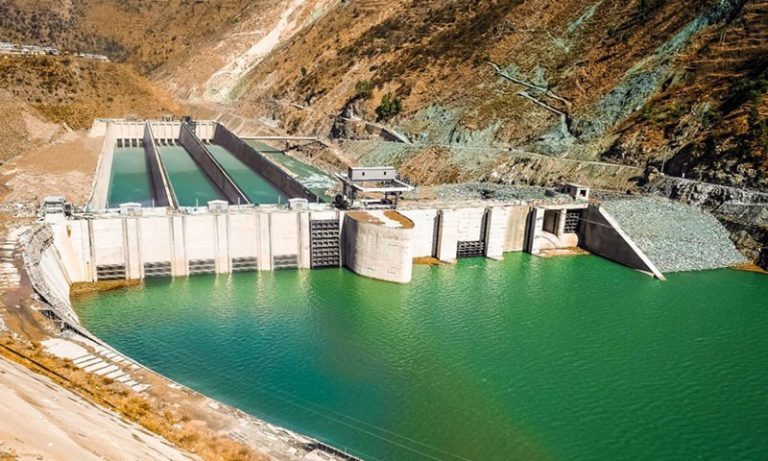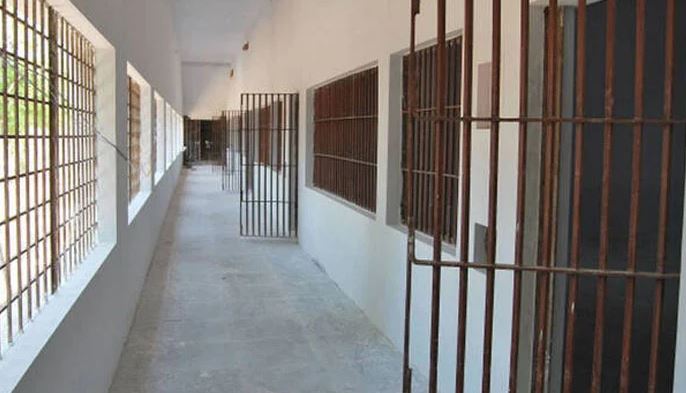Neelum Jhelum Hydropower Project Faces Environmental and Structural Concerns

Islamabad:The Neelum Jhelum Hydropower Project, a crucial initiative in Azad Kashmir, is under scrutiny due to recent structural issues and environmental impacts. Constructed near the fault lines, the 969-megawatt project faces potential vulnerabilities to seismic or flood-related events.
A high-level investigative committee is currently preparing a report on the recent shutdown of the Neelum Jhelum project, which is expected to be presented to the Prime Minister soon. Speaking anonymously, a member of the research team disclosed to W-News that the project’s proximity to the fault lines could compromise its integrity in case of natural disasters.
The construction of the Neelum Jhelum project commenced after the devastating 2005 earthquake, despite its design being finalized before the quake. Critics argue that the project’s tunnel, starting from Noseri, intersects with the fault line, posing significant risks.
Moreover, concerns have been raised regarding the project’s construction materials. While one side of the dam is entirely concrete, the other uses stones, potentially jeopardizing the project’s stability in the event of earthquakes, floods, or landslides.
During a recent briefing to the Prime Minister, former Federal Secretary of Interior, Shahid Khan, who heads the committee investigating the project’s recent shutdown, highlighted critical flaws in its design. He underscored the lack of proper concrete lining in the head race tunnel and the absence of timely third-party evaluations, factors contributing to the project’s closure since May 2nd.
Additionally, the Auditor General’s 2016 report criticized the project’s lack of seismic studies following the 2005 earthquake, indicating a lapse in assessing the region’s seismic vulnerability before initiating the project.
Environmental concerns have also surfaced, with reports indicating a rise in temperatures in Muzaffarabad post-project completion. Dr. Sardar Mohammad Rafique Khan, Director of Environmental Protection in Azad Kashmir, pointed out that the project altered Muzaffarabad’s temperature profile due to changes in the flow patterns of the Neelum River into the Jhelum River.
Furthermore, concerns over the ecological impact have been raised by Professor Dr. Nazhat, a biology expert, who highlighted how dam construction affects aquatic ecosystems and disrupts natural fish migration routes.
The Neelum Jhelum Hydropower Project’s design has drawn criticism for not incorporating river diversions that could have minimized ecological disturbances. Had it been designed like the advanced dams of developed nations, the impact on fish migration and temperature fluctuations in Muzaffarabad could have been mitigated.
As investigations continue, stakeholders await concrete measures to address the environmental and structural concerns surrounding one of Pakistan’s most significant hydropower ventures.






